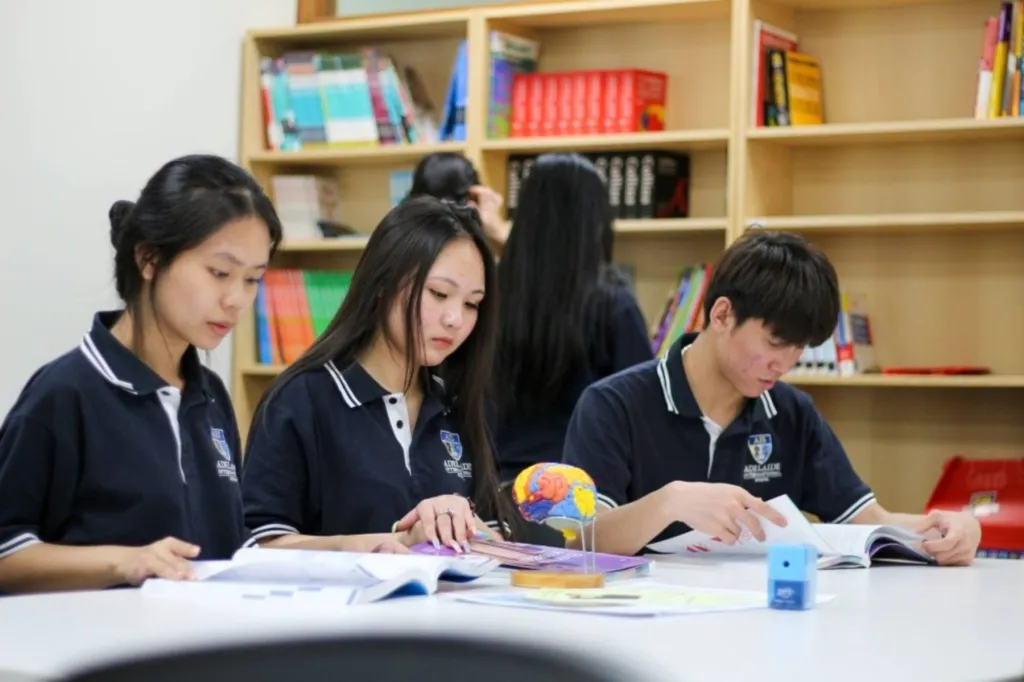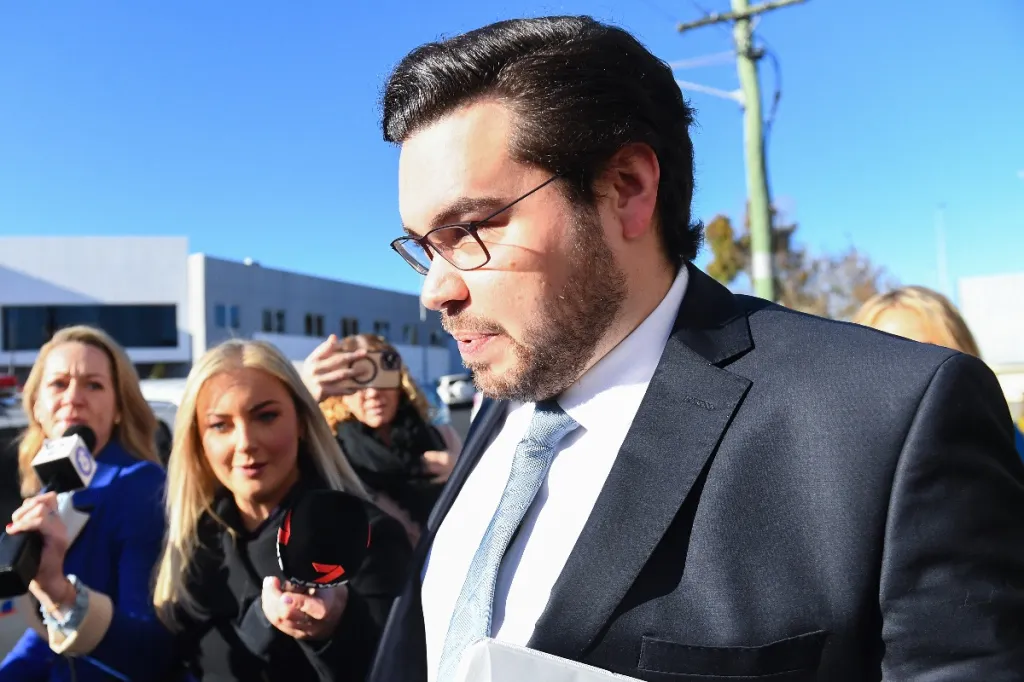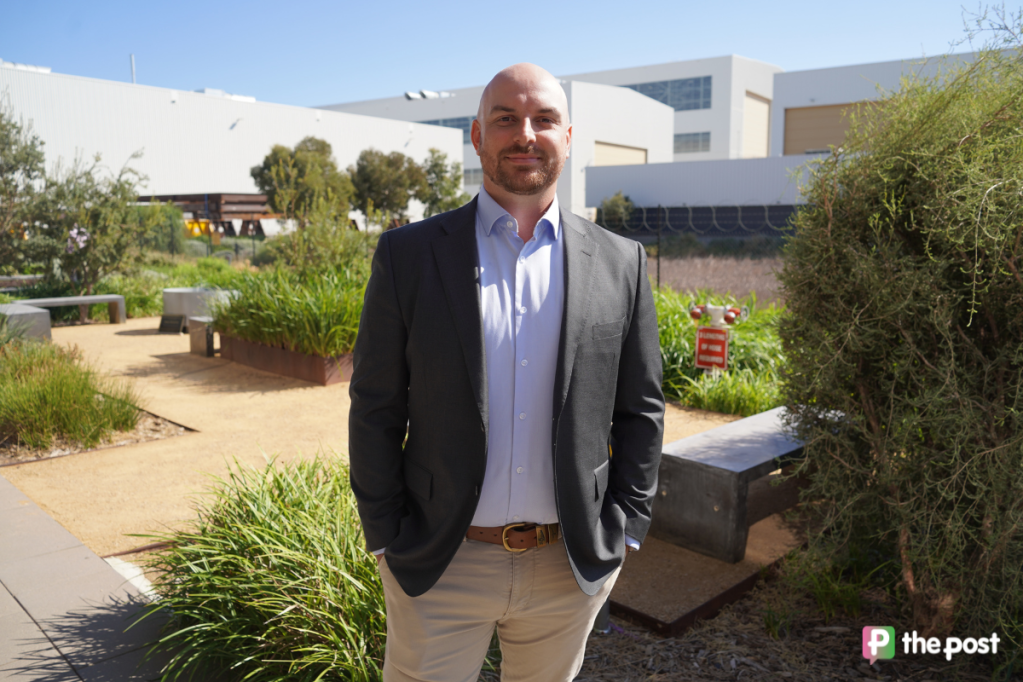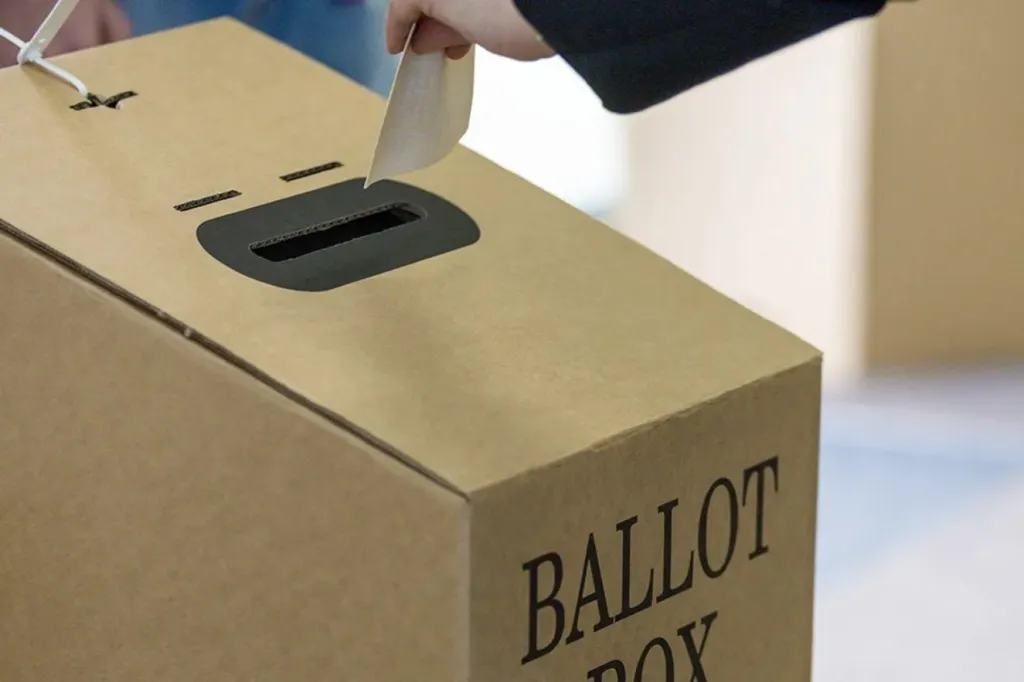Premier bullish on AUKUS prospects after Trump’s re-election
Premier Peter Malinauskas says “there’s reason for great confidence” about the future of the AUKUS submarine deal under a second Trump administration, playing down fears the re-elected former president could tear up the agreement.
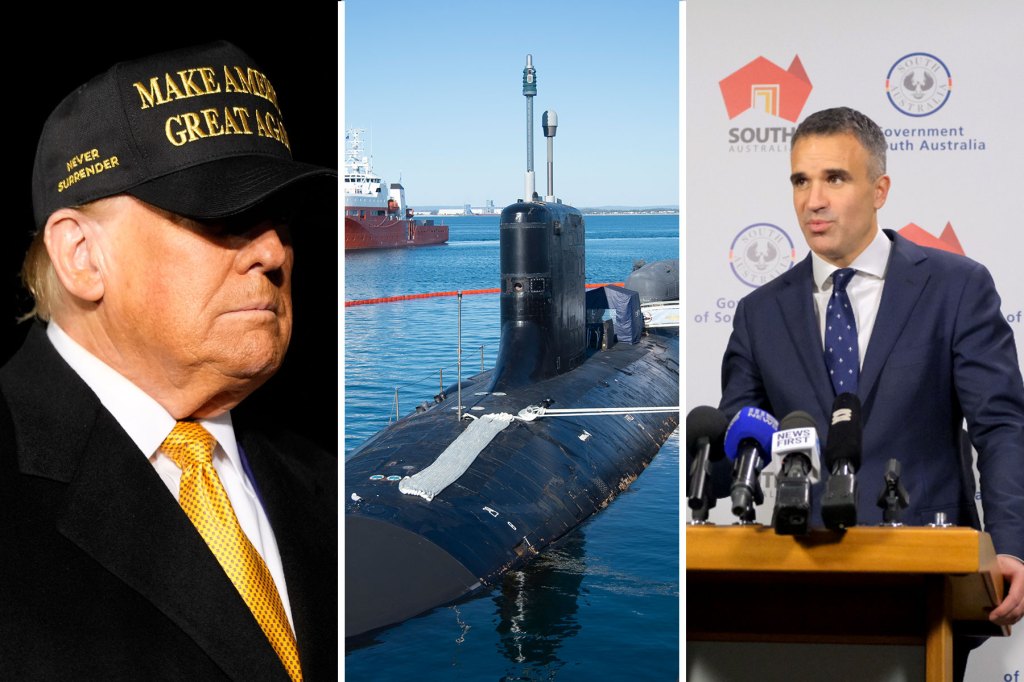
Former President Donald Trump’s electoral college victory on Wednesday has prompted fresh questions over the United States’ commitment to the AUKUS agreement and the future of South Australia’s submarine manufacturing at the Osborne Shipyards.
His re-election has also emboldened left-wing critics of the submarine deal; federal Greens leader Adam Bandt on Wednesday called for the Albanese Government to “urgently cancel AUKUS” while lobby group Labor Against War said: “It is completely untenable for Australia to continue in lock-step with a militarised US government led by an unstable President.”
But Malinauskas, a staunch proponent of AUKUS and its potential benefits for South Australia, said the US-Australia alliance “transcends any individual administration or prime ministership”.
Asked on ABC Radio Adelaide what Trump’s re-election would mean for AUKUS, the Premier said: “I think there’s reason for great confidence.”
“Principally because the AUKUS policy largely aligns with the doctrine that Donald Trump applies regarding foreign policy and defence policy throughout his first presidency, and there’s no evidence that that will change in his second,” he said.
“And what that doctrine is, of course, is that other countries, particularly allies of the United States, need to lift their game when it comes to defence expenditure and their preparedness to be able to participate globally in defence industry.
“And AUKUS of course is the best representation of that very pursuit.”
You might like

Premier Peter Malinauskas speaking at an AUKUS press conference in November 2023 alongside federal Defence Minister Richard Marles and director-general of the Australian Submarine Agency, vice admiral Jonathan Mead. Photo: Tony Lewis/InDaily
The stakes are high for South Australia: around $2 billion is being spent to triple the size of the Osborne Shipyards and enable the construction of nuclear-powered submarines by the late 2030s.
Work on the shipyard upgrades and surrounding infrastructure is expected to support 4000 jobs, while submarine manufacturing is expected to create up to 5000 direct jobs.
Malinauskas said AUKUS enjoys bipartisan support from Republicans and Democrats, noting the US Congress passed legislation in December allowing the country to sell Virginia-class submarines to Australia.
“So as long as that (bipartisan support) is maintained, I don’t think there’s any reason for a lack of confidence in the AUKUS agreement,” Malinauskas said.
“That said, there is a new administration that’s been elected… and there will be an awful amount of work that is done between now and the conclusion of the administration to ensure that the policy is maintained.
“But I don’t think there’s any reason to be particularly fearful.”
Under the AUKUS agreement, the US will sell three to five nuclear-powered Virginia-class submarines to Australia starting in the early 2030s – subject to approval from the US president.
Stay informed, daily
Australia is also providing $4.7 billion to the US to bolster its submarine industrial base, which looms as a stumbling block to the AUKUS agreement, according to former senator and submariner Rex Patrick.
“The election of Trump may well put an end to AUKUS early, earlier than might otherwise be the case,” Patrick said.
“But in the end, the United States Navy will not end up giving us Virginia-class submarines – they simply don’t have enough for themselves and are unlikely to get the production rate of those submarines up to anywhere near what would be required to deliver some to us.”
Patrick, who is running for the senate again in 2025 for the Jacqui Lambie Network, said the US is currently only producing 1.3 nuclear-powered submarines a year.
Work is being done to increase the annual production rate to 2.0 by 2028, and then to 2.33 to meet demand and replace vessels sold to Australia.
The US president can veto the sale of submarines if local production targets are not being met, but Patrick said Trump will not be president when that decision comes along.
“So in that respect, there’s no formal decision for him to make,” he said.
Patrick added that Trump could demand Australia pay more under the AUKUS agreement.
“He has a history of demanding further payment from allies – that’s essentially what he’s doing with NATO, saying to NATO countries you’ve got to put in more,” he said.
“His focus will be China, so in some sense I think the relationship with Australia will continue because they… have more to lose than to gain.”
Foreign Minister Penny Wong, asked about AUKUS’ future under Trump, pointed to the bipartisan support for the agreement in the US.
“We wish to acquire submarines because we want a deterrent to enable peace,” she told ABC Radio National.
“That is the objective and that is the intention, and it is an important part of making sure we maintain a peaceful, stable and prosperous region.
“The second point I’d make is there’s been strong bipartisan support for AUKUS, particularly through the Congress, which you would have seen both with the passage of legislation and also in public comments.
“Finally, I again make the point, these submarines are a sovereign capability for Australia.”
